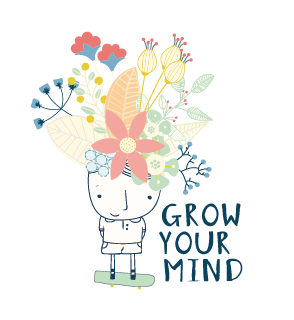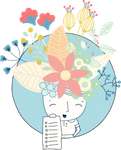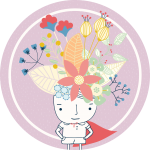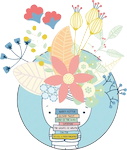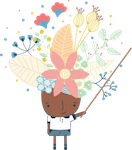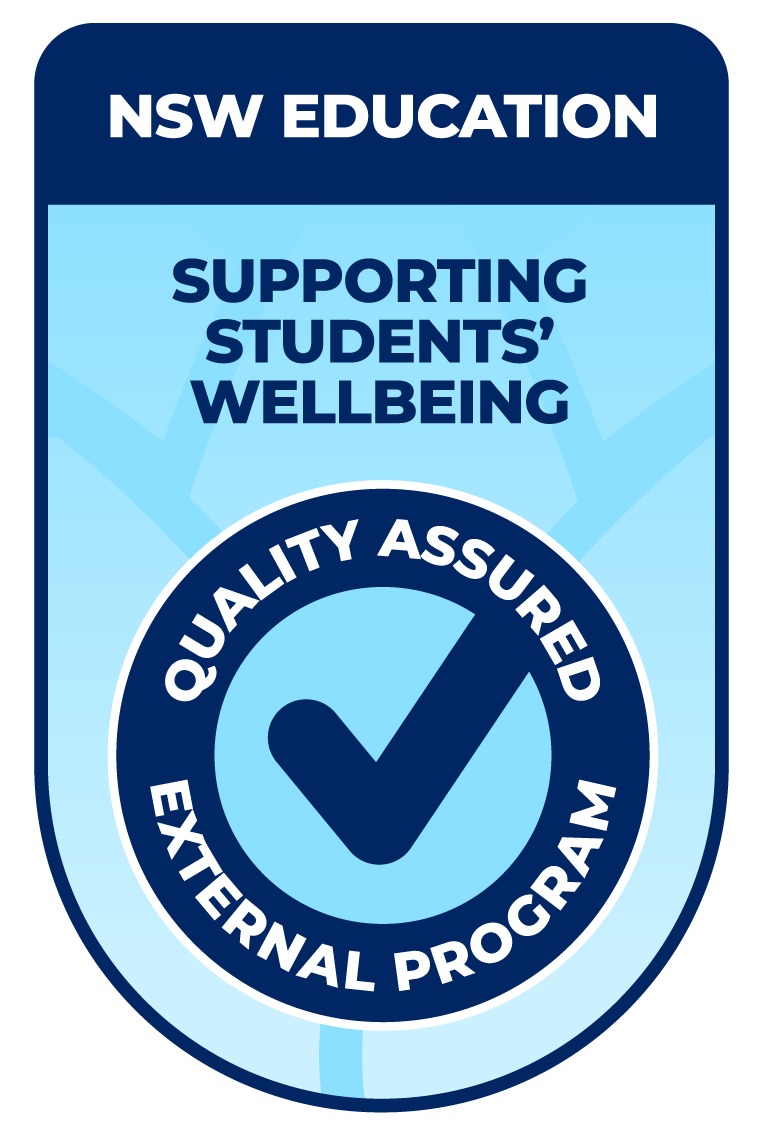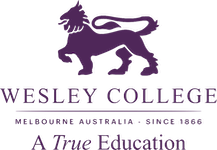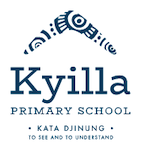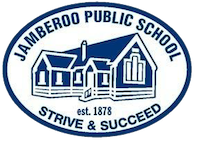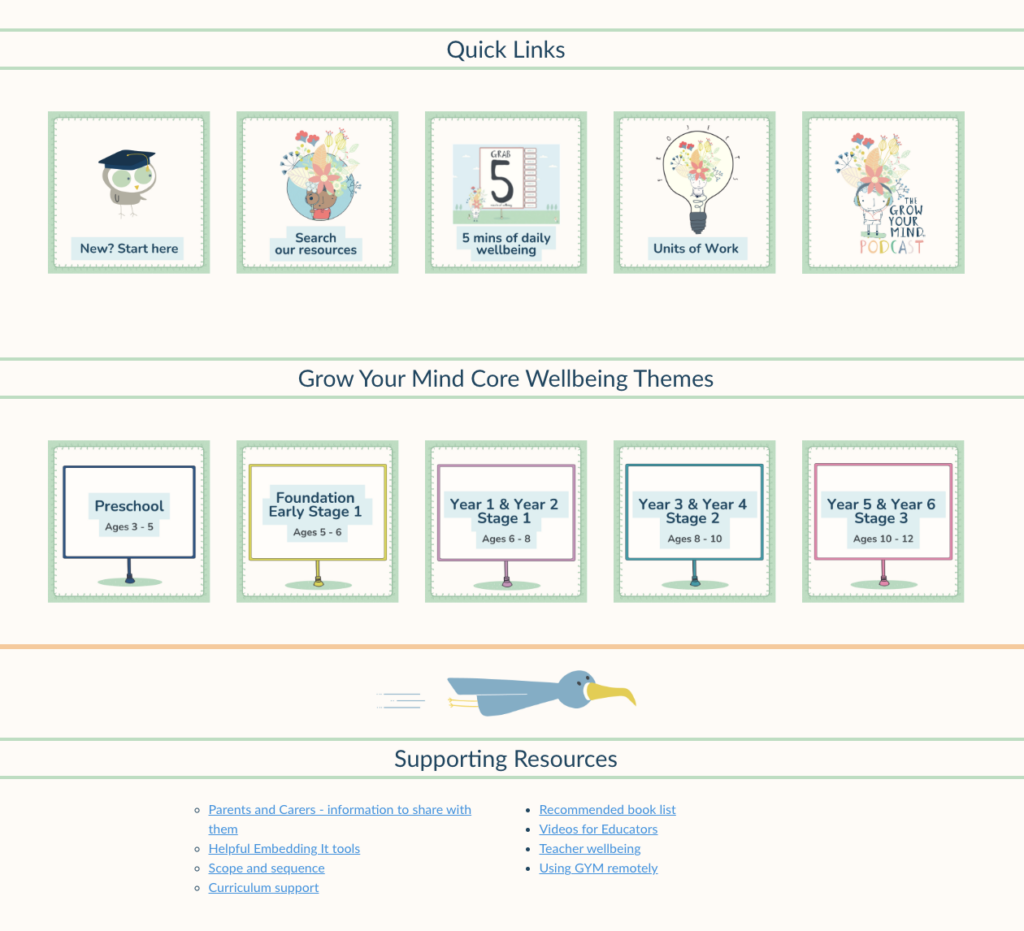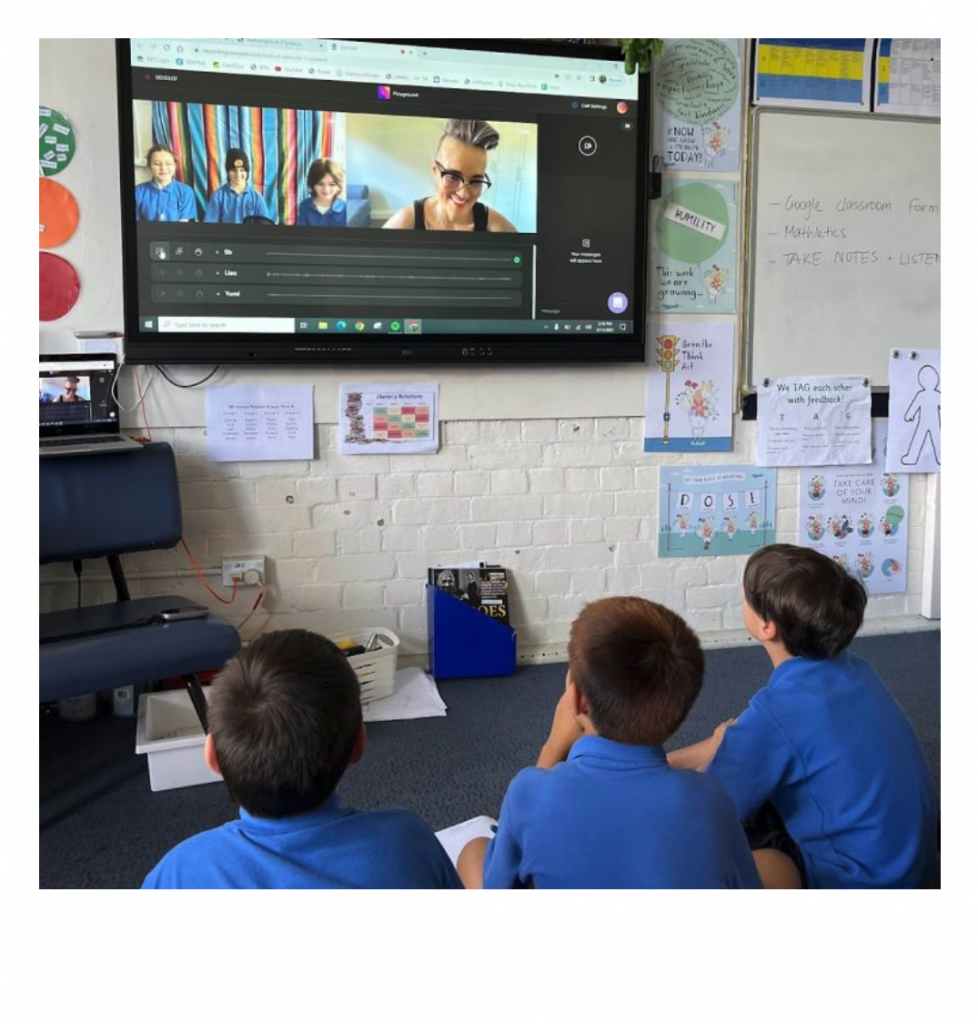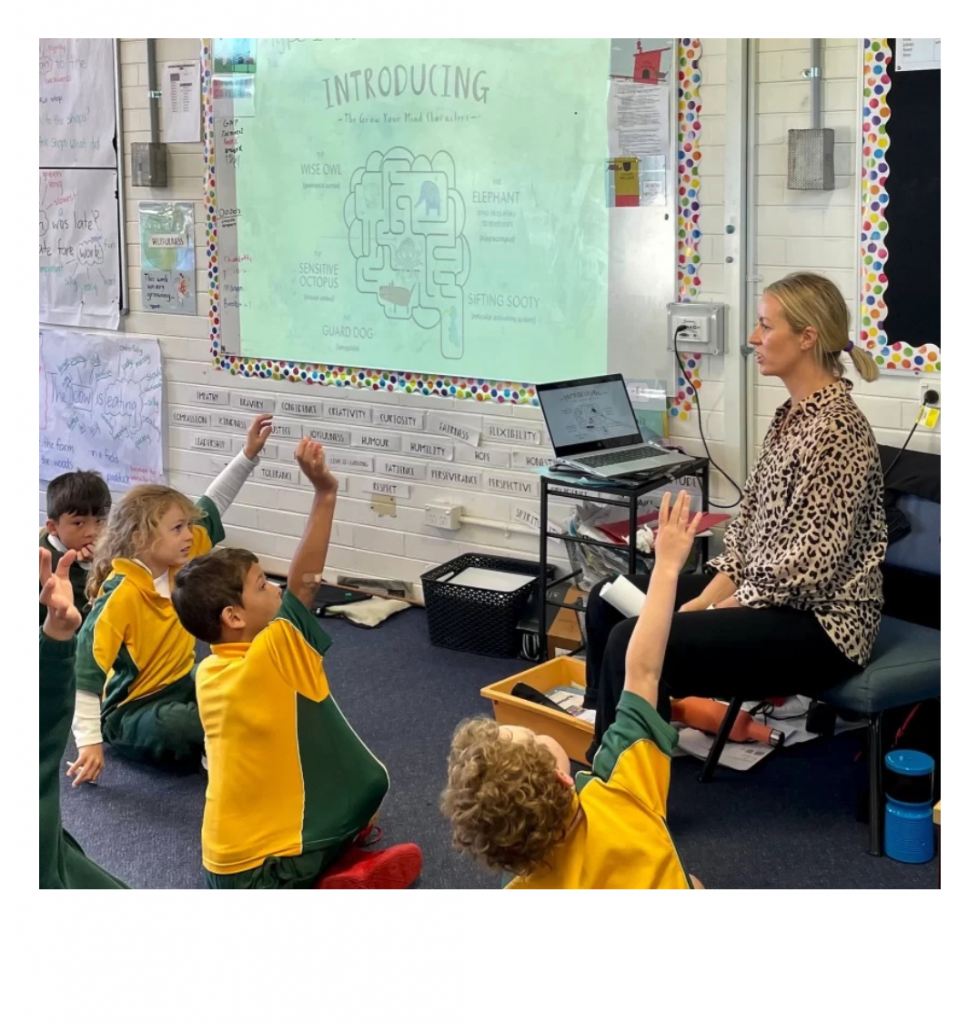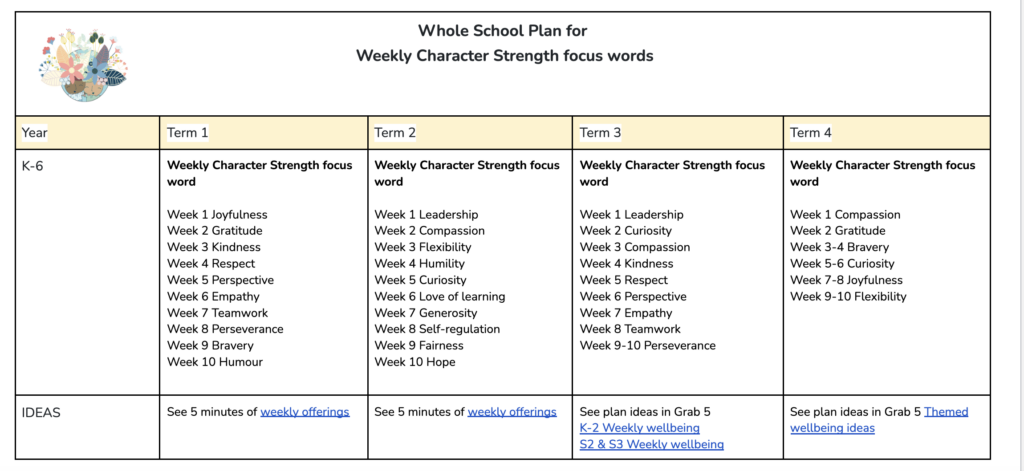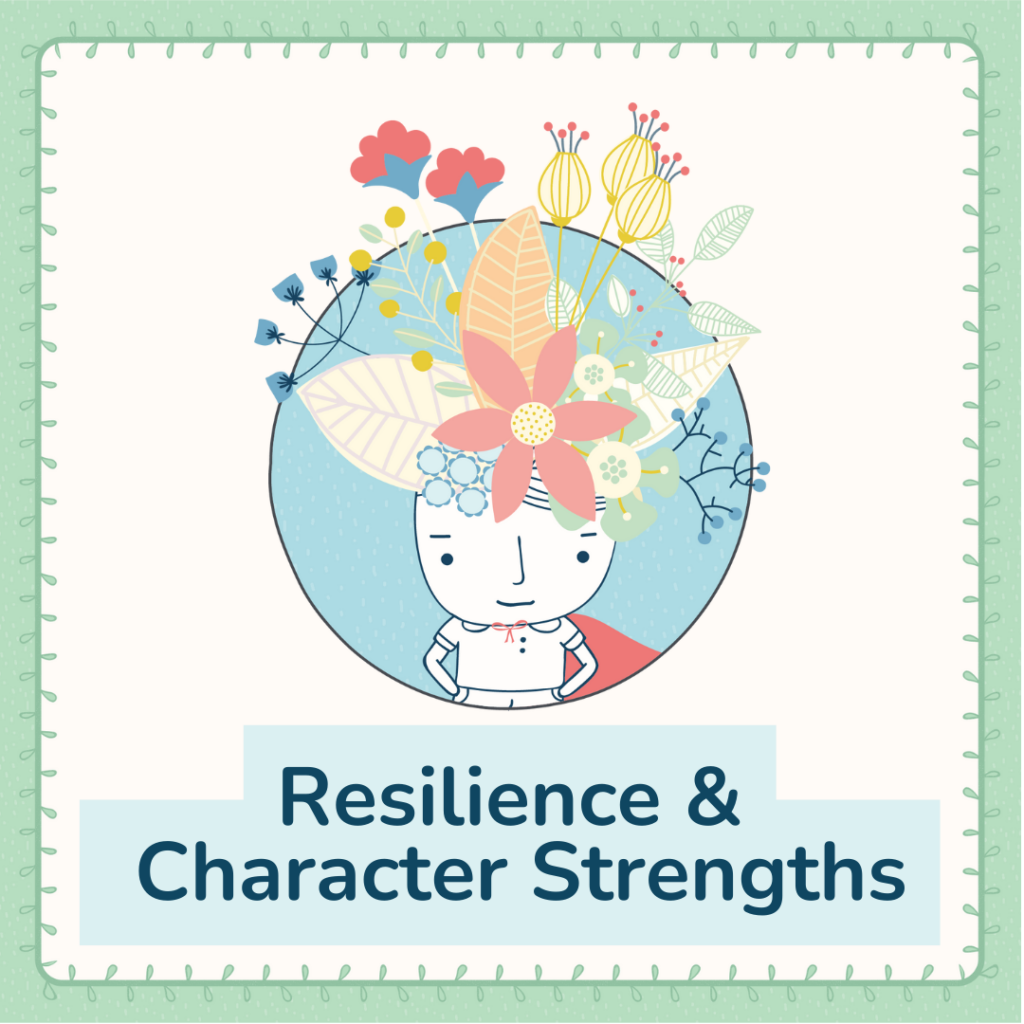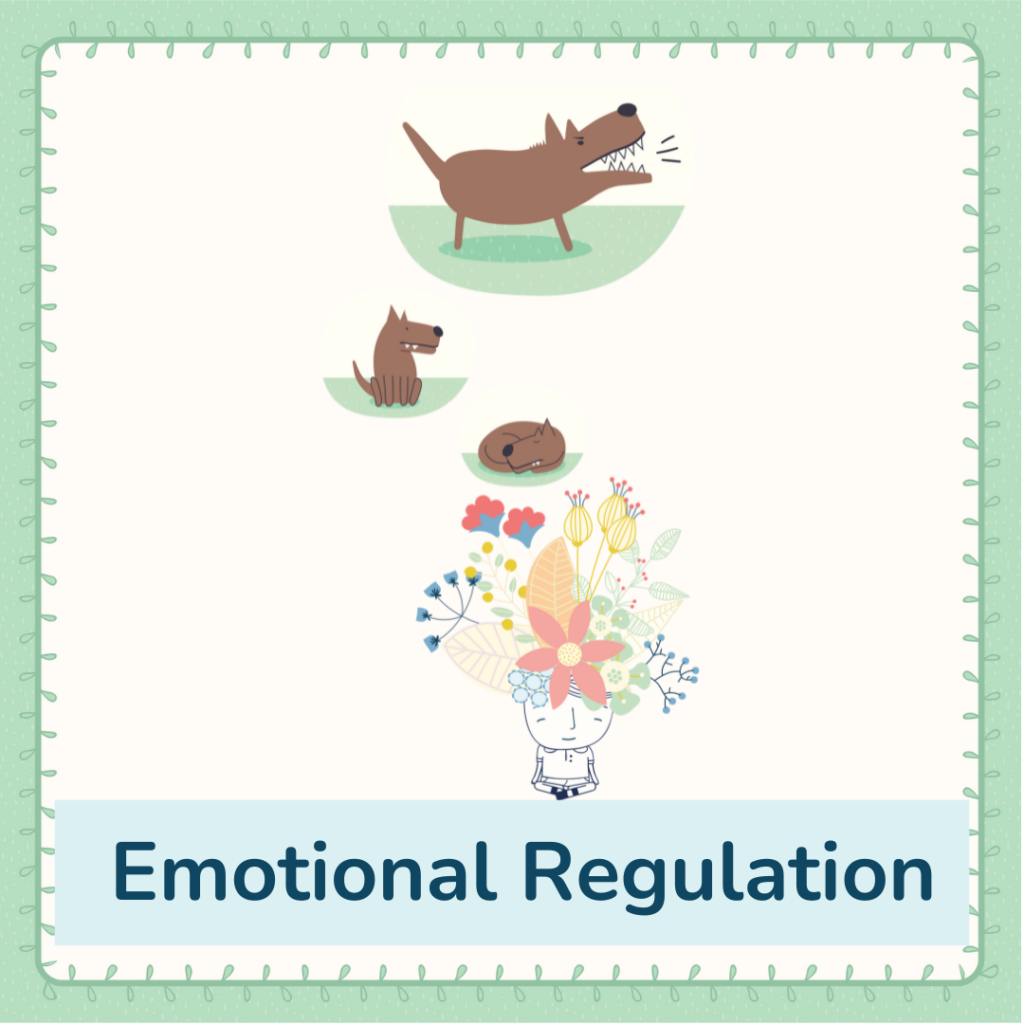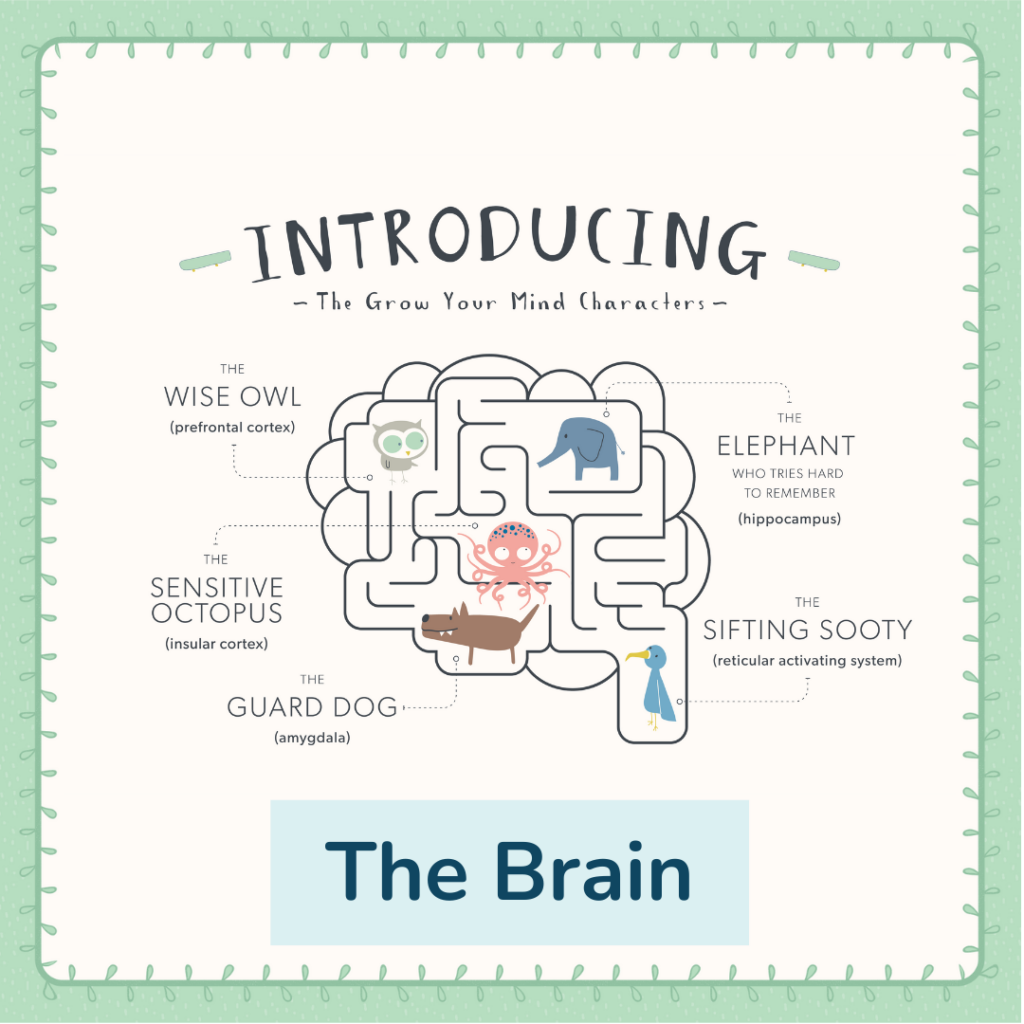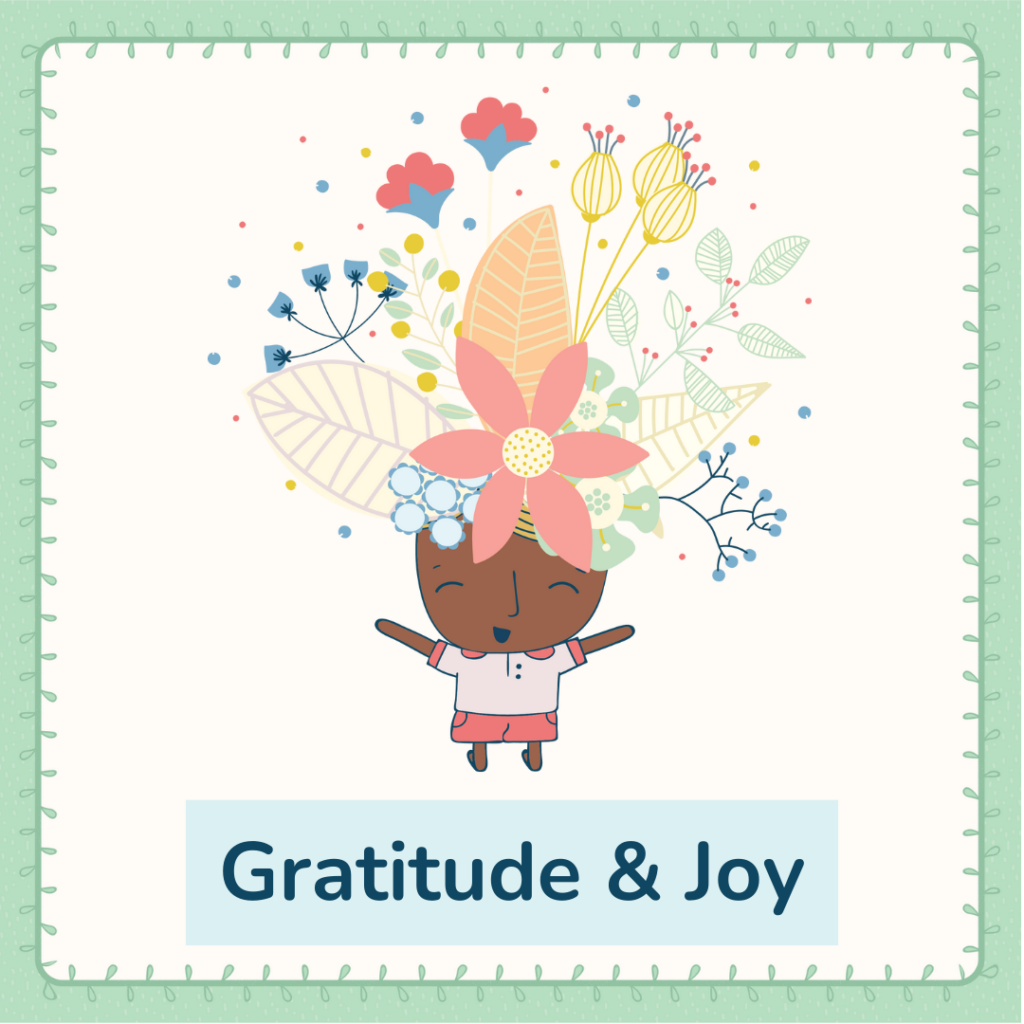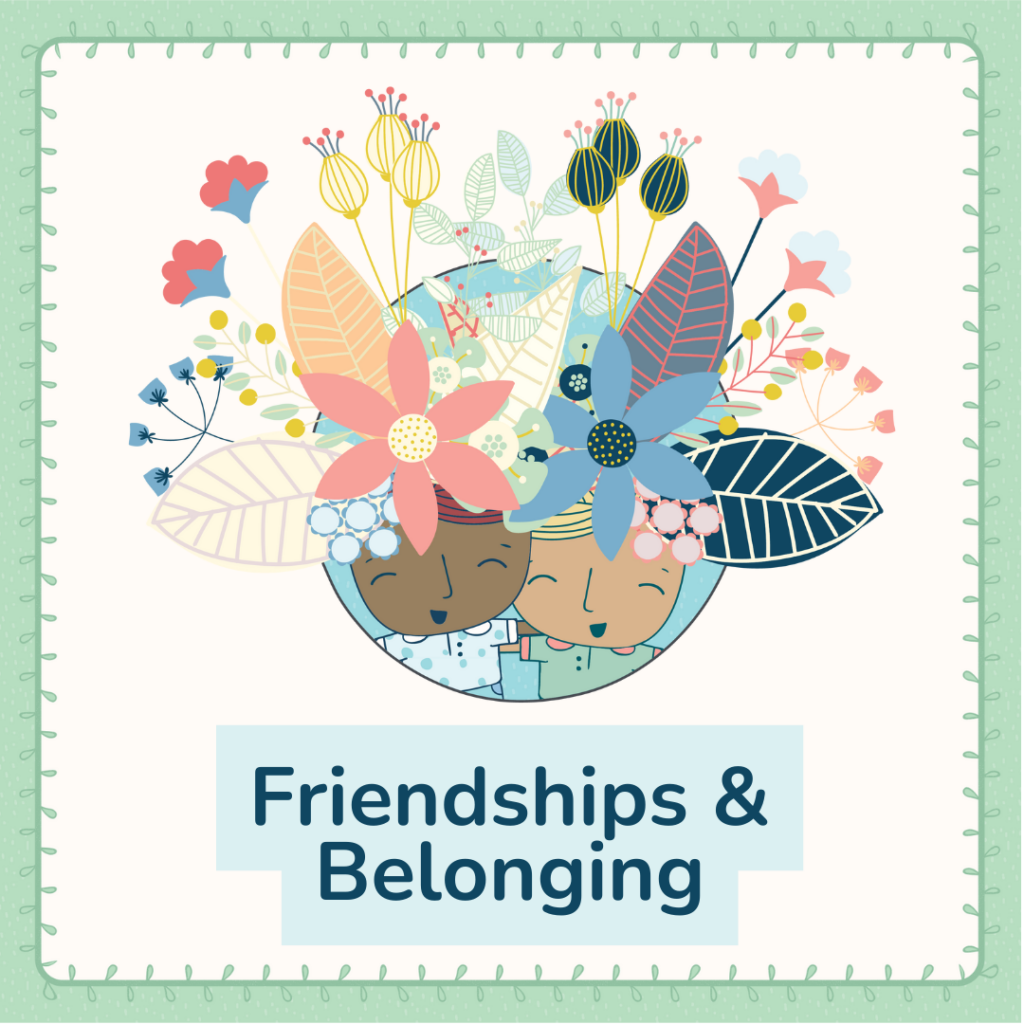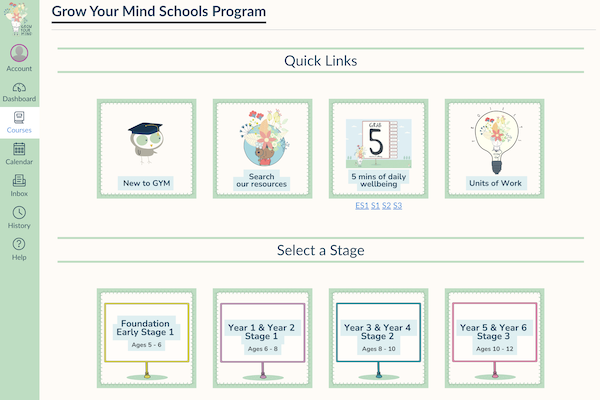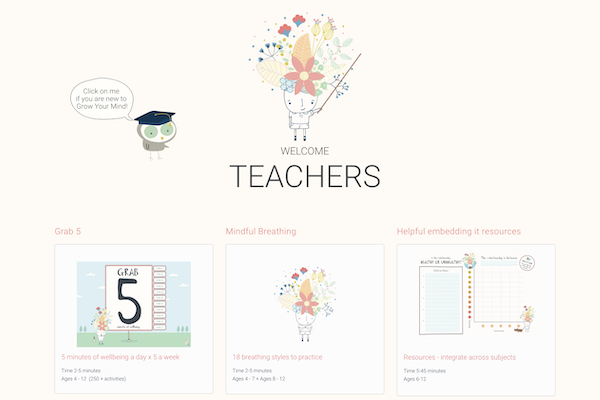Grow Your Mind Schools Program
Our approach
We support your whole school community to build the foundational knowledge and skills essential for looking after mental health.
Create a common language to make wellbeing visible
Our program gives teachers and students a shared language that can be used in the classroom, staffroom, playground and at home, allowing everyone to take part in a simple yet effective way.
Encourage teachers to prioritise their own wellbeing
Looking after others begins with looking after yourself and that is exactly where our program starts. We encourage school staff and leaders to learn and prioritise their own wellbeing.
Build a thriving wellbeing culture
School staff who feel good about coming to work, have healthy relationships with their colleagues, communicate & collaborate in a clear and kind manner will be more effective employees. Our program aims to bring a higher level of energy into the classroom, and to provide the tools for staff to demonstrate greater resiliency when confronted with adversity.
Co-founder Alice takes you on a brief tour of the platform
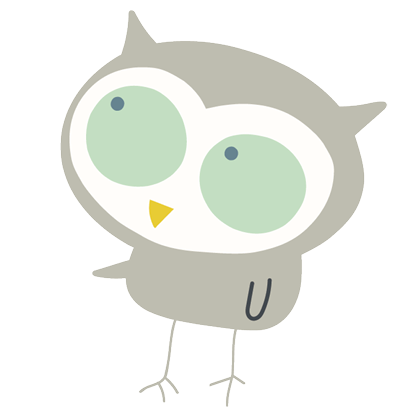
Why schools love it
Hear from staff and students who use the program
About the program
The Schools Program is an annual digital subscription that provides guided access to more than 1500 tools and resources to promote positive mental health.
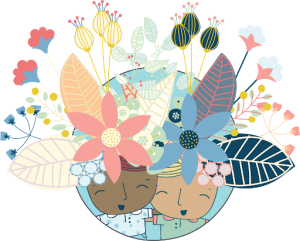
Measurable impact
Half of all the mental health conditions we experience throughout the course of our lives will have started by age 14
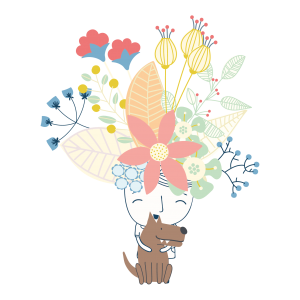
Based on pre and post evaluation surveys of 106 primary school student at South Coogee Public School in 2019.
Create a supportive and positive school culture
Sign up online to start your annual digital subscription
Educator Subscription
12-month
subscription for individuals
- Access to over 1,500 digital tools, lessons and resources
- Implementing Grow Your Mind professional development training (self-led)
- Regular content updates and new resources
- Community and parent engagement tools
- 20% off our physical resources
School Subscription
12-month
subscription for organisations
- All the Educator Subscription features, plus
- Maximise your school’s success with four (4) personalised online check-in calls each term: tailored support and expert guidance from our dedicated Education Team
- Pre and post-impact measurement tools and Impact Report
- Support a learning continuum
- Teacher user management portal
- School usage statistics
How can we help?
Contact us for any questions, a quote, or to book a demo
Unsure if Grow Your Mind is right for your school?
Please note: Online access is set up by us within 48 hours of purchase; you’ll receive an email with your login instructions. This subscription is per user and is set to auto-renew every year. You can manage your subscription online and opt-out at any time. See terms and conditions of use.
FAQs
all the details you’ll need to know
